News
There's a $17 Billion Shipwreck Below the Caribbean. This Is Who Is Cashing In
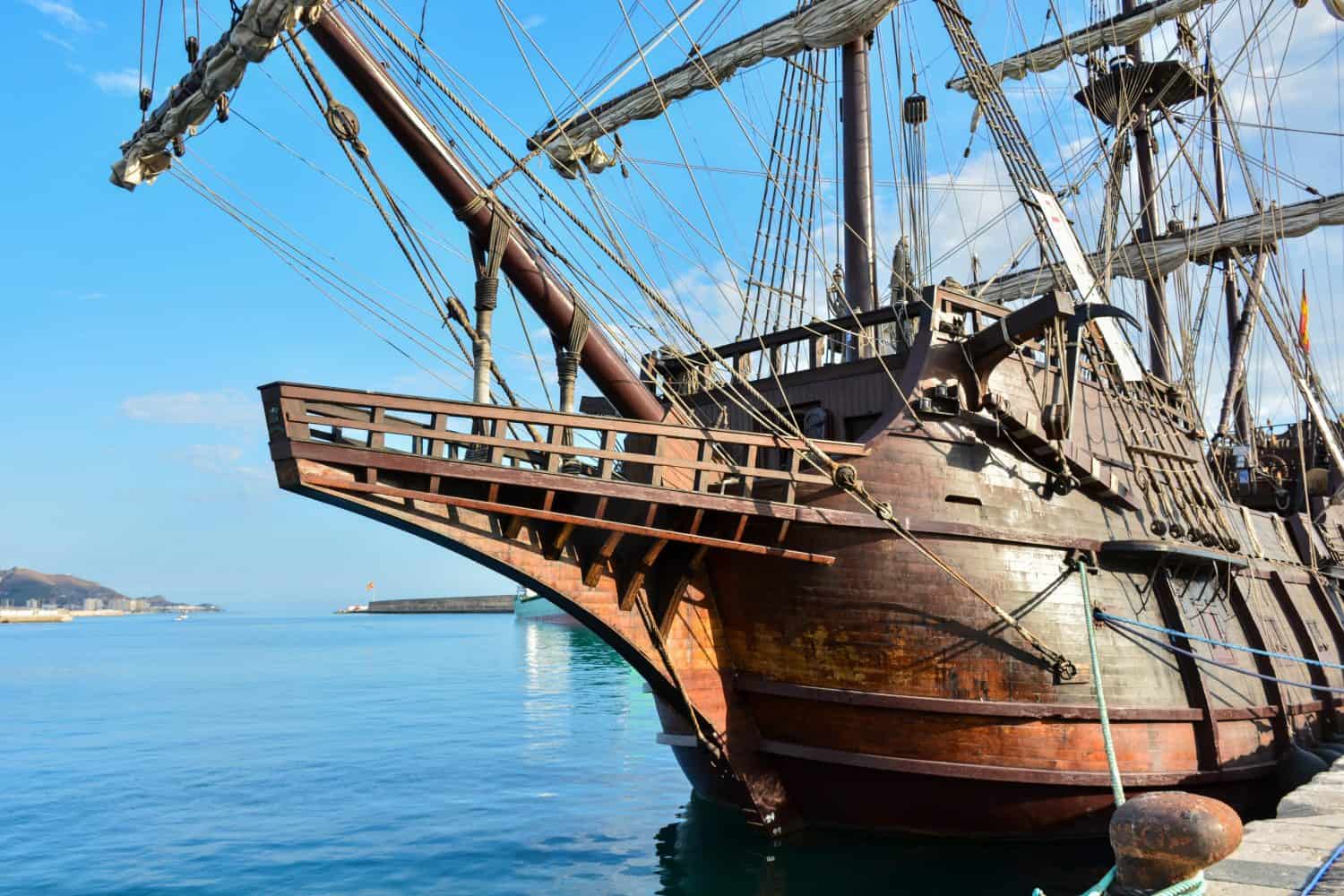
Published:

While treasure hunts aren’t quite like the movies, they can still be filled with drama and intrigue at every turn. Nowhere is this more true than with the San Jose. Believed to be the world’s most expensive shipwreck, it sits at the bottom of the Caribbean Sea near Cartagena, Colombia. However, Colombia isn’t the only country claiming rights to the sunken fortune, creating a heated debate among many parties.

Colombia will likely win any international arbitration as the shipwreck is in its territorial waters. However, Spain’s sovereign immunity argument may convince an international body to rule in its favor. It seems clear that the US salvage company and Bolivia are unlikely to see any favorable results.

Spain, Colombia, and Bolivia are engaged in ongoing discussions. UNESCO and other international organizations are helping to facilitate the dialogue between the multiple national interests competing for the remains of San Jose.
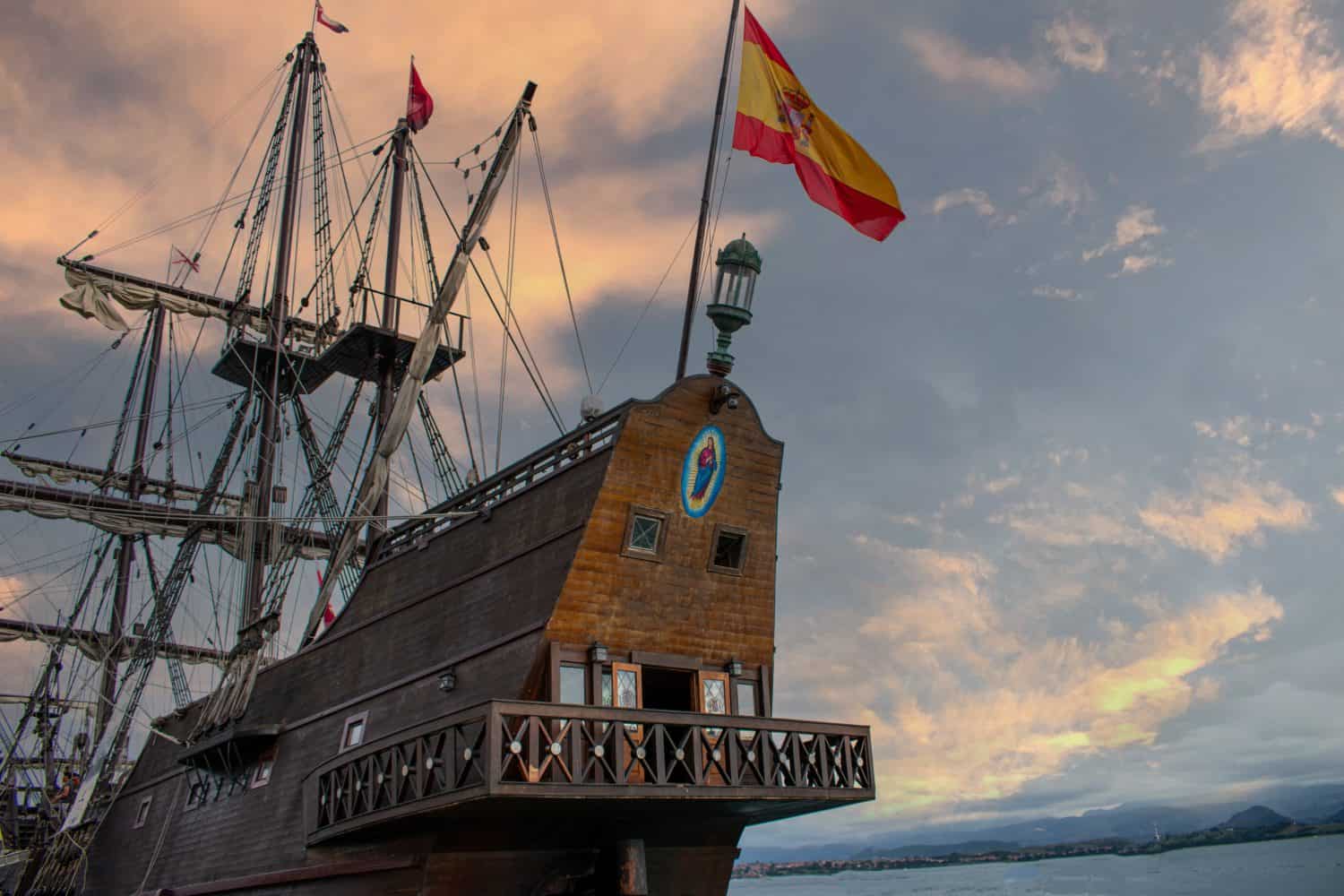
Technological challenges remain regardless of which country “wins” the rights to San Jose. The ship has been under 600 meters of water for hundreds of years and will require extreme caution in bringing its treasures to the surface.
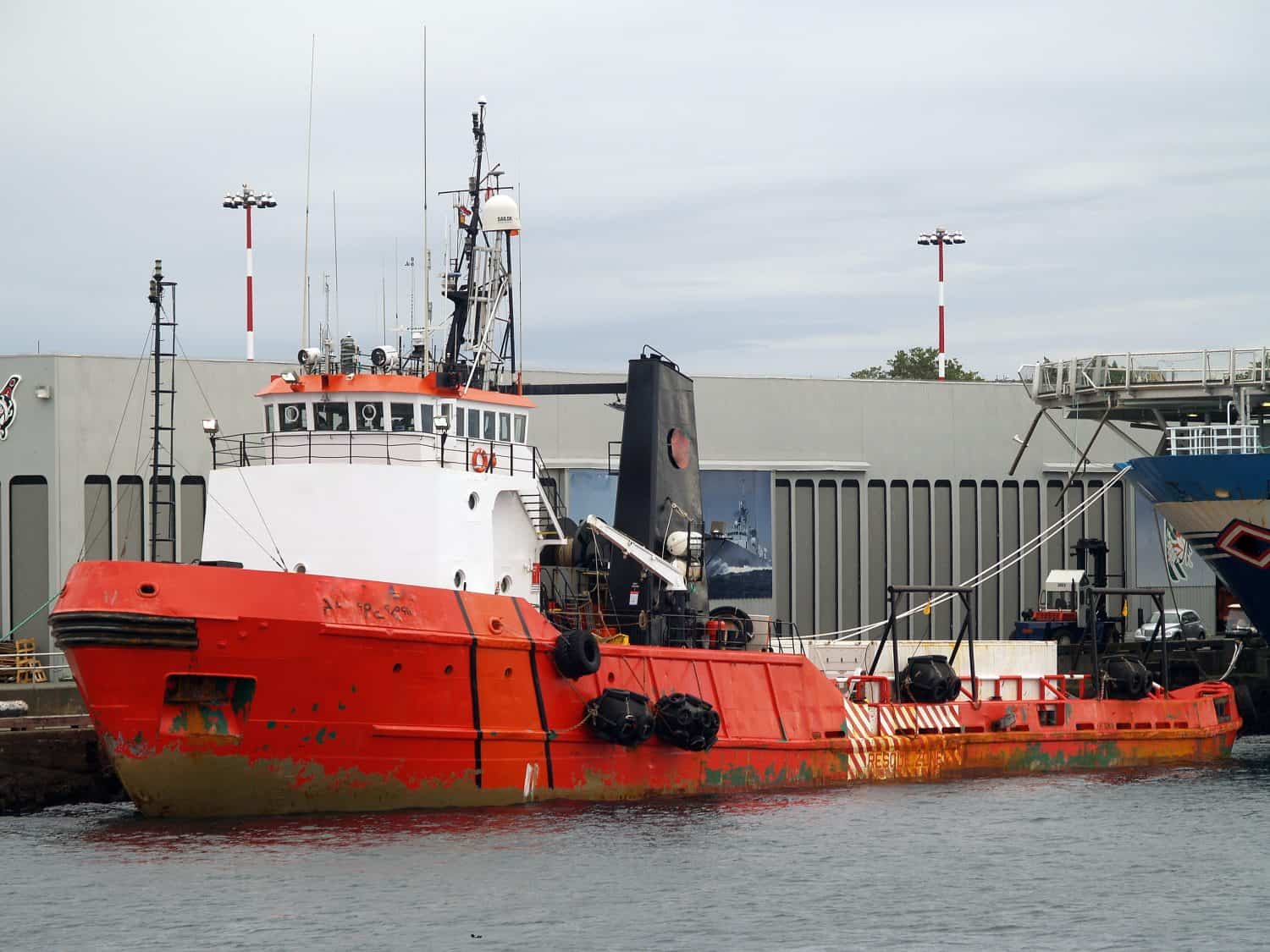
Commercial salvage companies claim, like Sea Search, they are the most skilled at properly recovering San Jose. However, there are ethical concerns about letting salvage companies have rights over historical preservation.
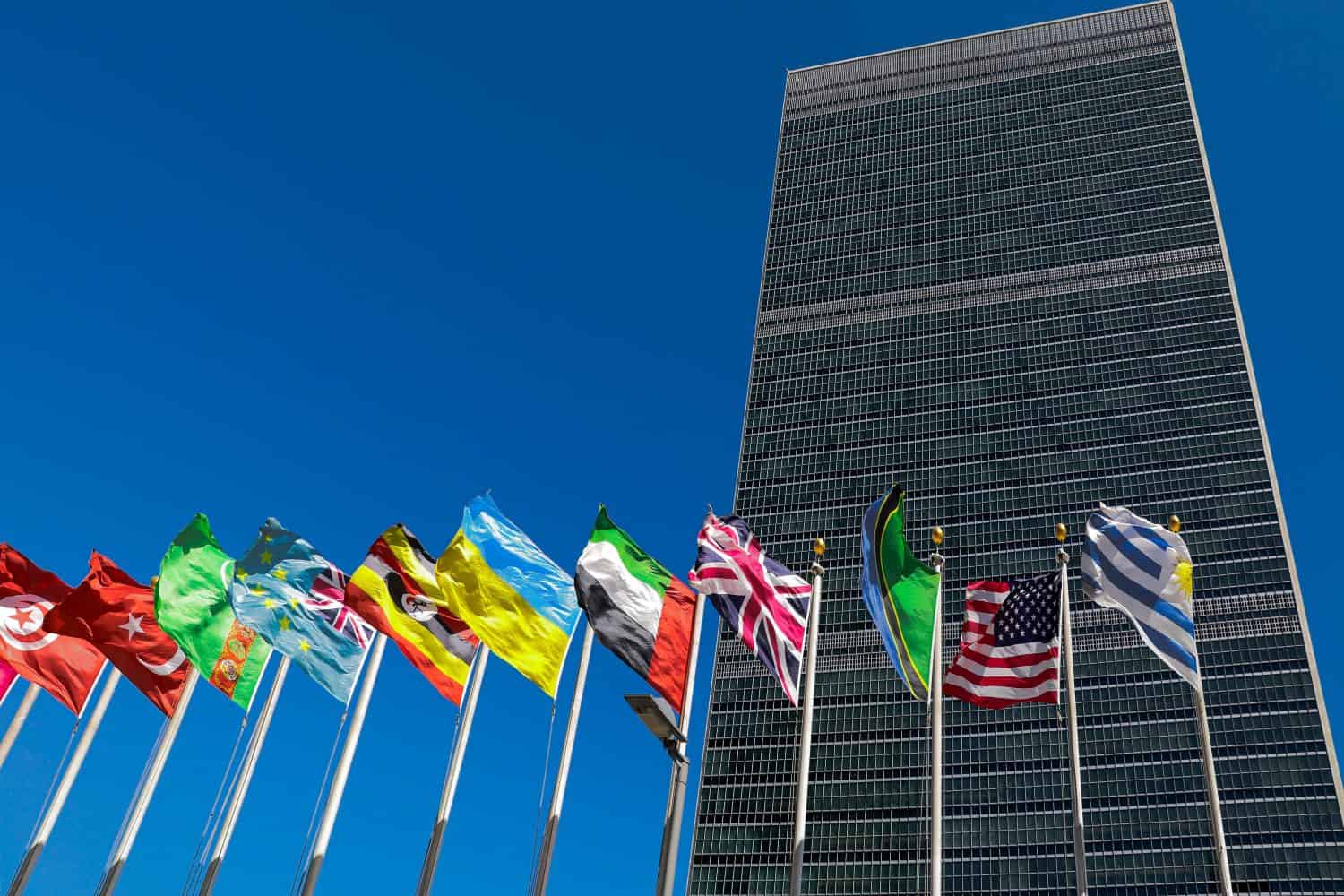
Colombia is not a signatory of the United Nations Convention on the Law of the Sea. Either way, it does not govern shipwrecks, so the legal route is somewhat murky until more international agreements are established.
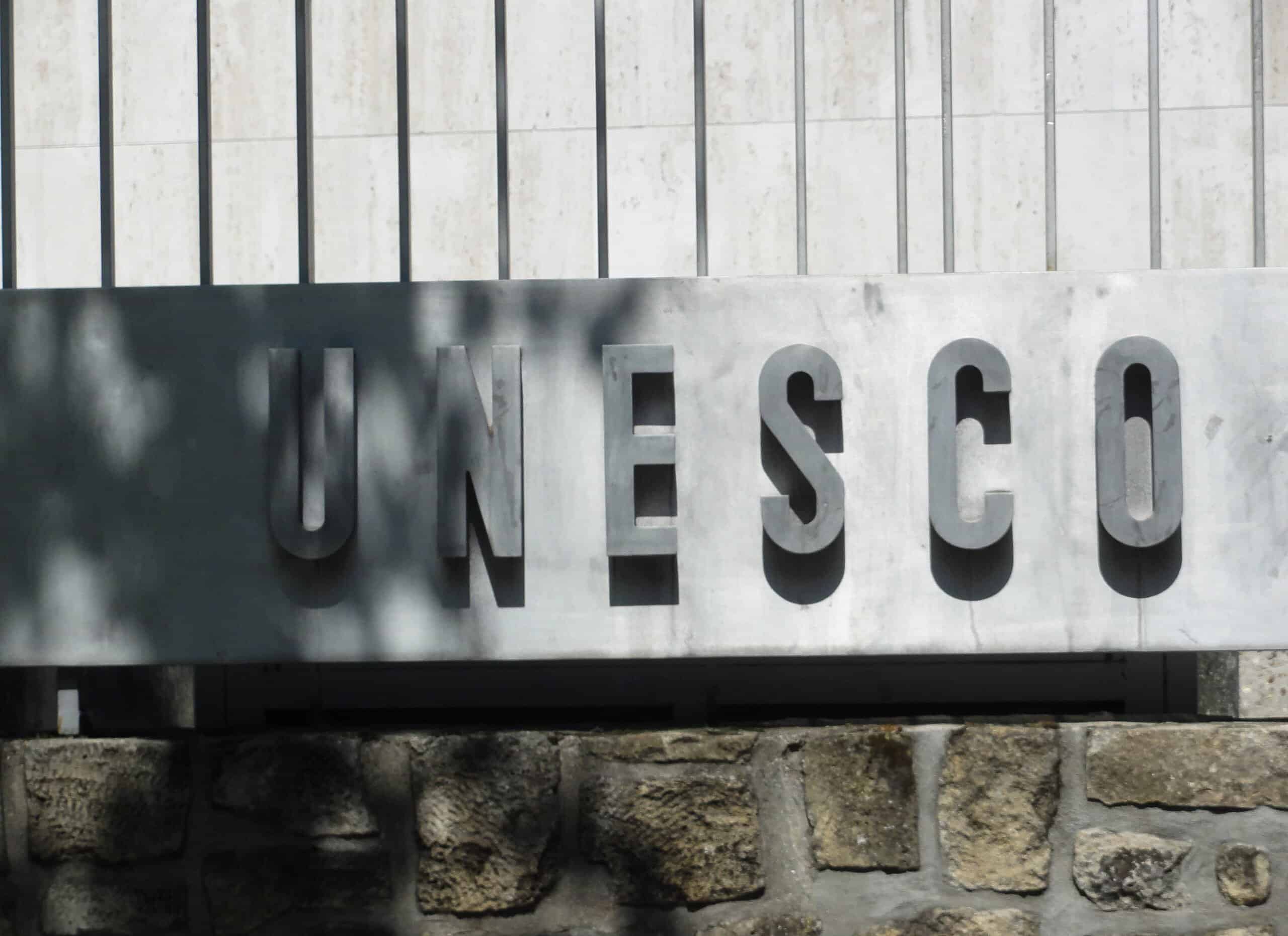
UNESCO’s involvement in this matter encourages research and protection cooperation. Spain has ratified the UNESCO Convention that would govern such matters, but it’s not universally binding, which makes it difficult for Spain to argue its case.
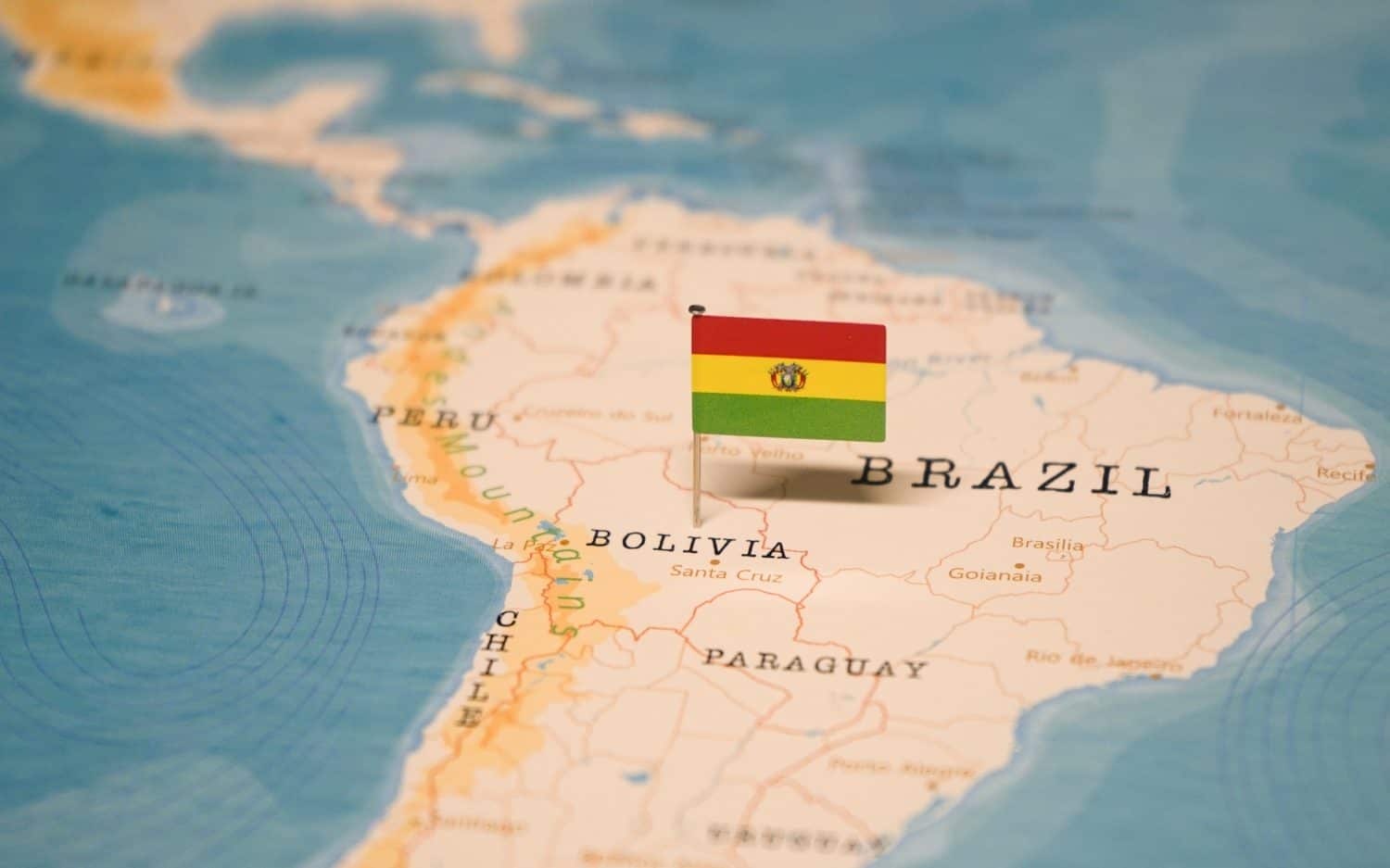
Bolivia adds to the mixed ownership claims, arguing that the United Nations Convention of Law of the Sea provides guidance. Bolivia’s efforts are hampered by Colombia’s non-signatory status and the convention’s failure to cover shipwrecks. Bolivia likely has the weakest case out of the nations involved.

While the US government has limited involvement, a U.S. shipwreck company, Sea Search Armada, claims to have located the wreck in 1981. While US courts have ruled against Sea Search claims, the company continues the fight.
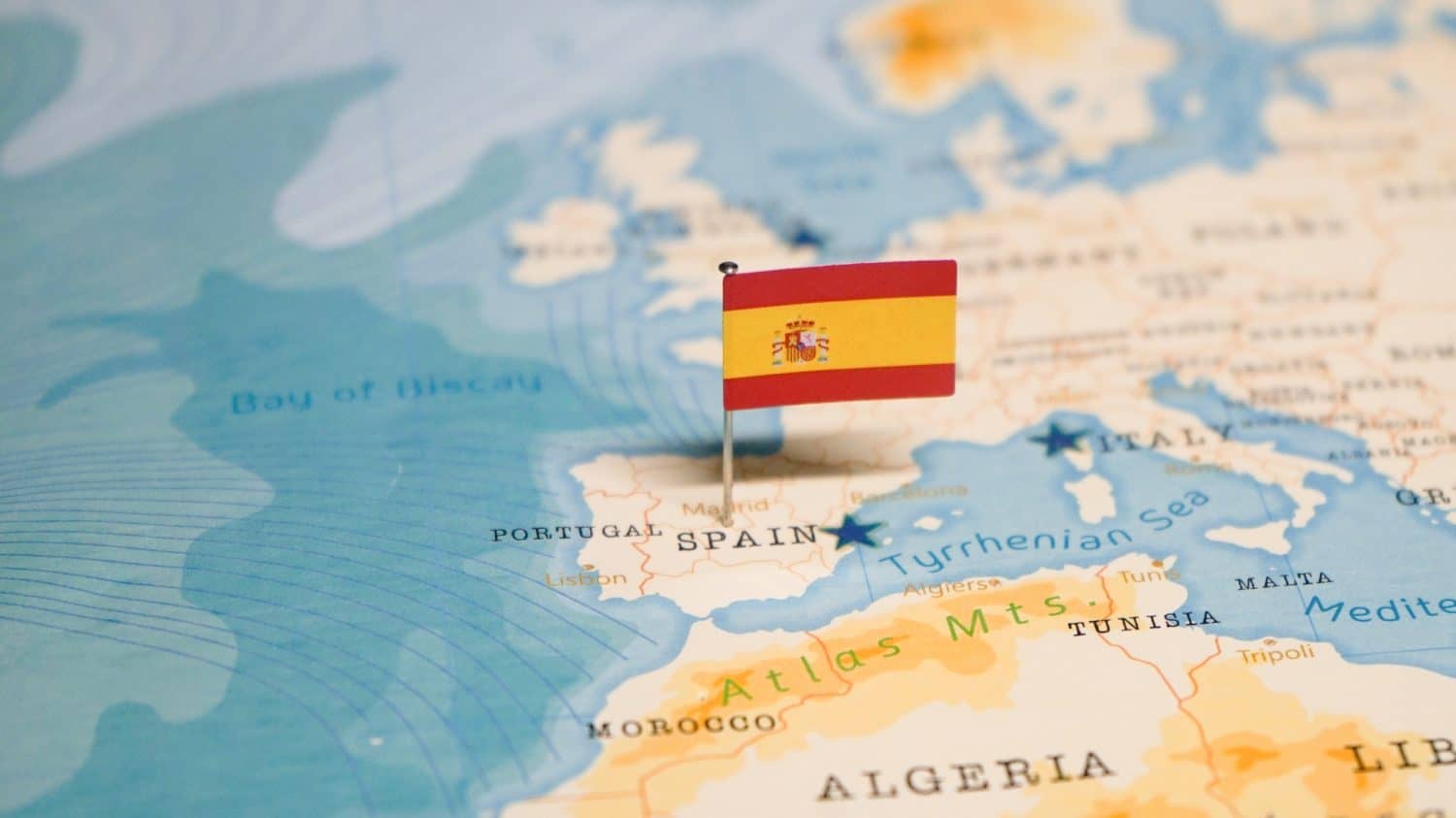
For its part, Spain is asserting its rights over the shipwreck as it has its origins as a Spanish naval vessel. Spain is citing maritime laws and that of sovereign immunity and a desire to honor the deaths of Spanish sailors.
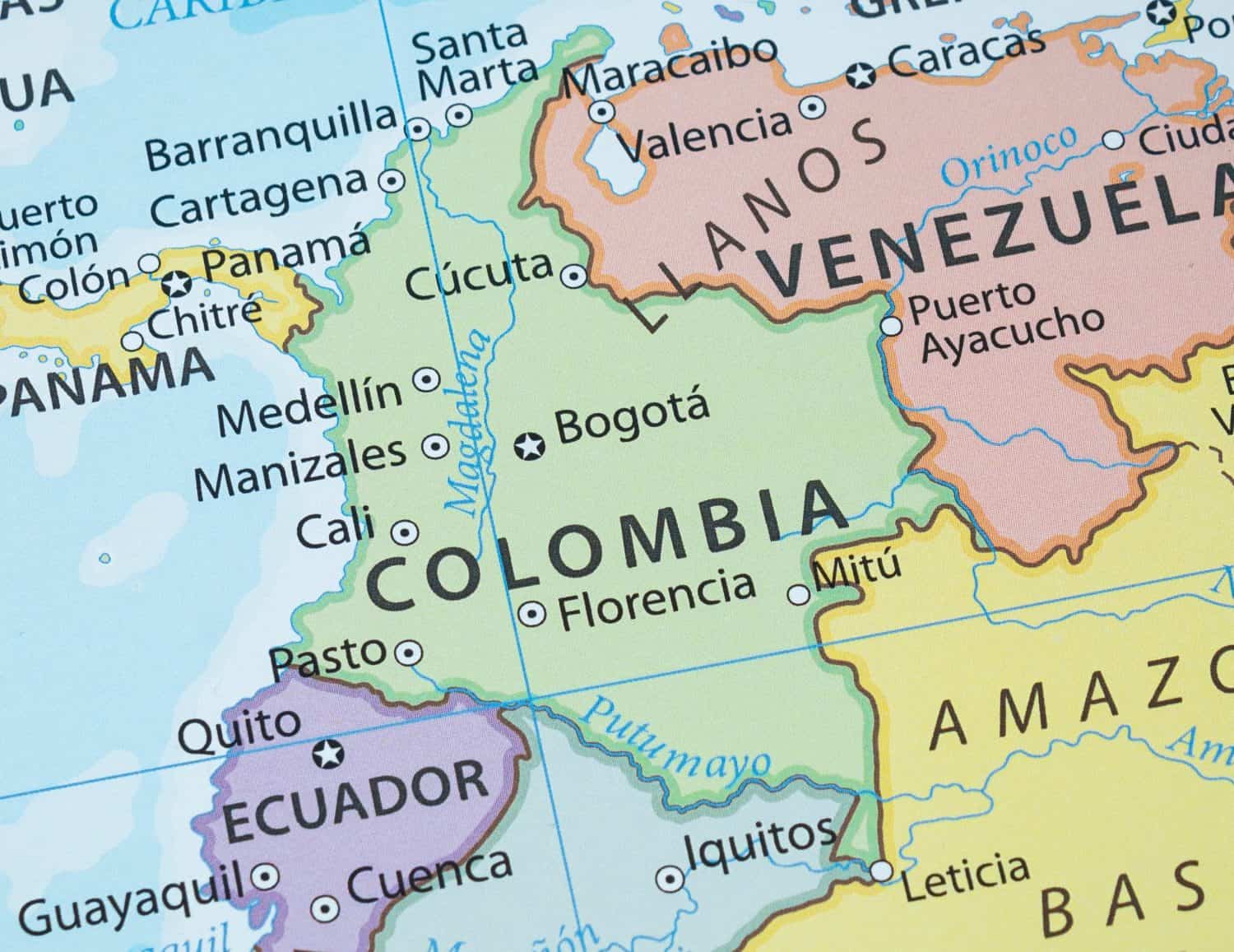
As the ship was found in its territorial waters, the Colombian government claimed the rights to the San Jose shipwreck. The country cited UNESCO’s Convention on the Protection of Underwater Cultural Heritage and announced plans to build a museum with artifacts from the shipwreck.
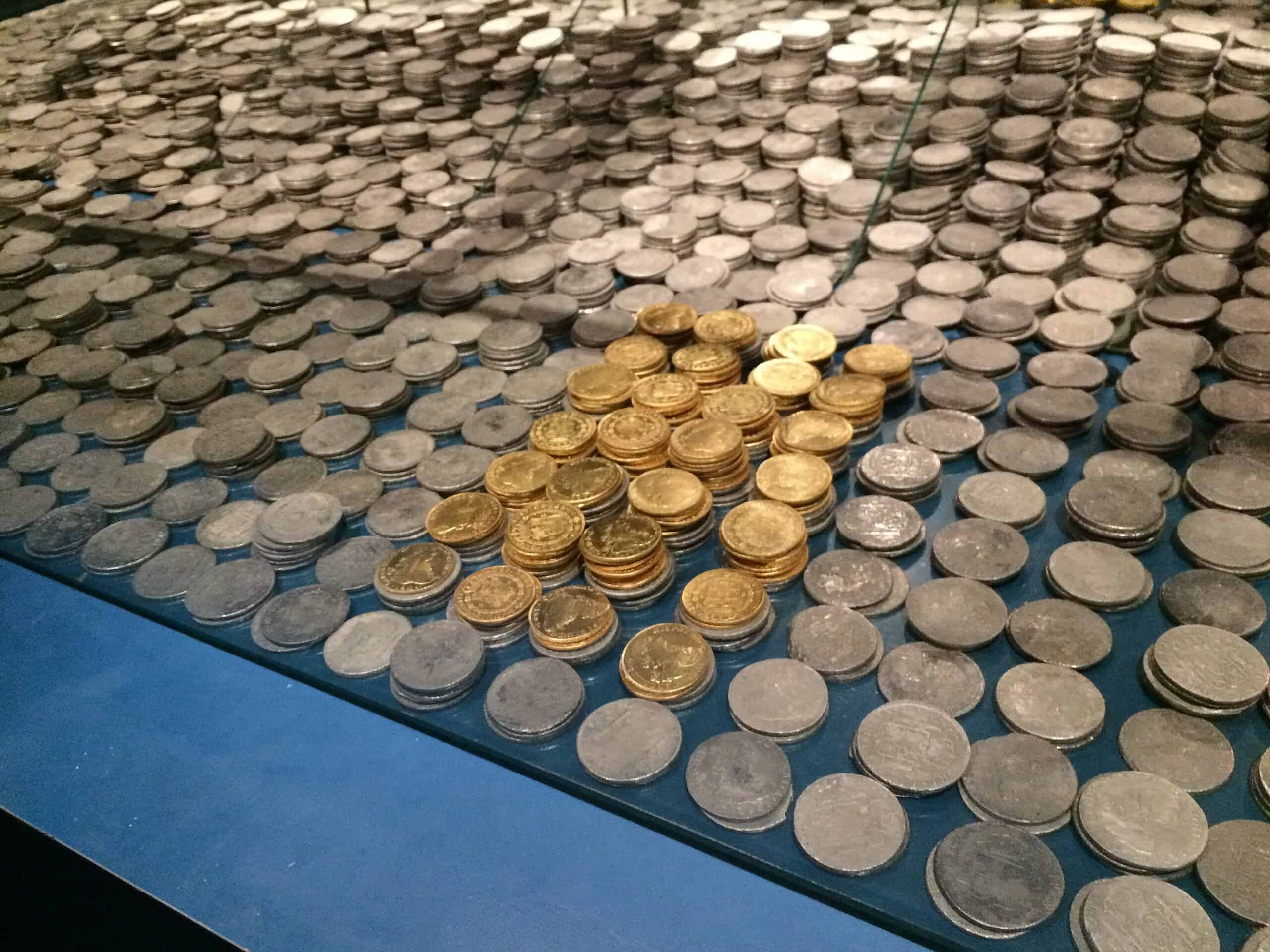
The mystery of the San Jose continued until 2015 when the Colombian Navy discovered it some 600 meters deep in the Caribbean Sea. Colombia identified the ship through engravings on the cannons.

In the early 18th century, the Spanish galleon San Jose sank off the coast of Colombia. It was filled with gold and jewels extracted from Bolivian mines to help finance the Spanish king’s war of succession. During a firefight with the British, the San Jose sunk with only 11 crew out of 600 surviving.
Thank you for reading! Have some feedback for us?
Contact the 24/7 Wall St. editorial team.